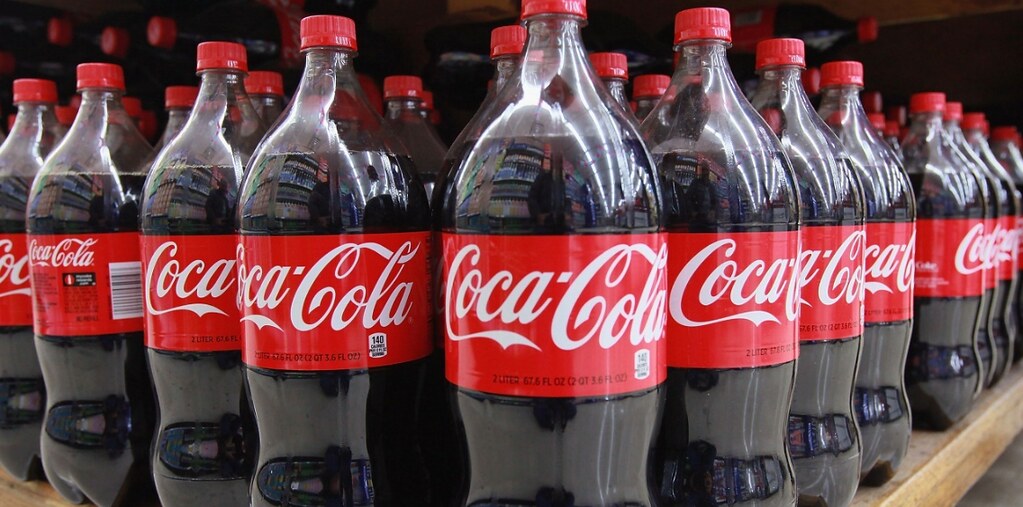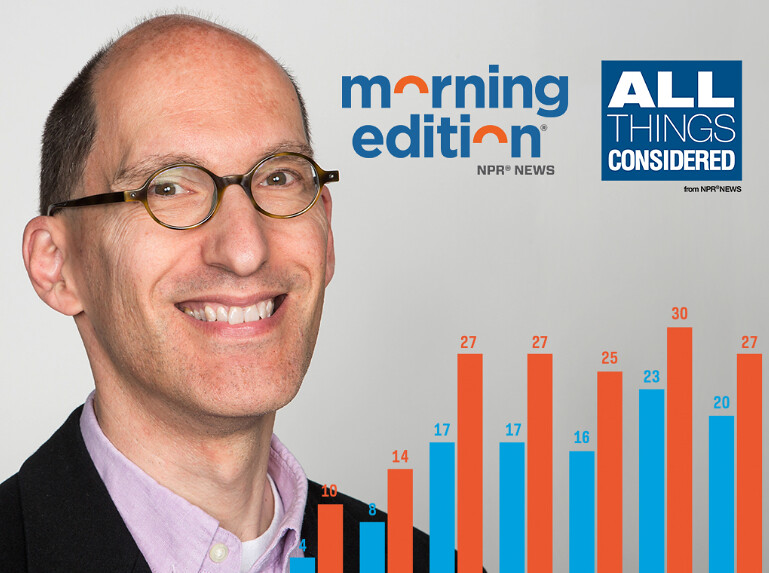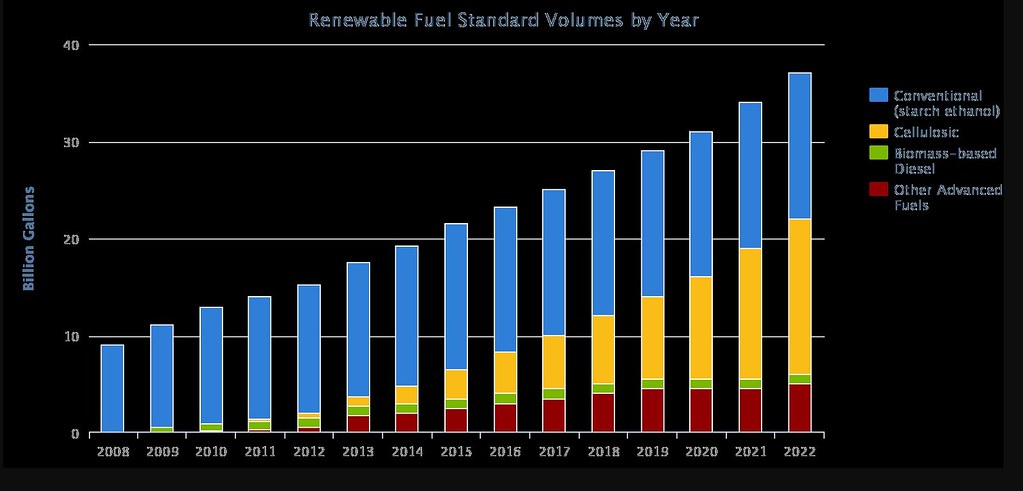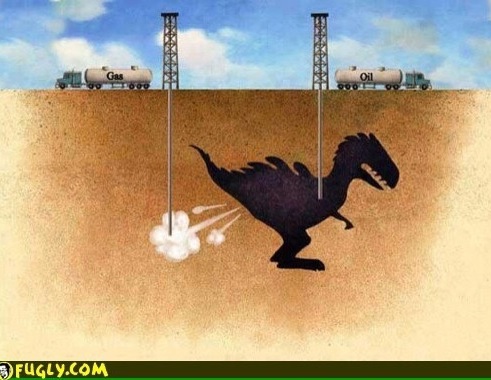U.S. citizens hope that the government will keep the country safe and healthy at the very least. How is that accomplished? Through the work of an entire government workforce at all of the various federal agencies around the nation. Agencies such as the
U.S. Food and Drug Administration (FDA),
Centers for Disease Control and Prevention (CDC),
Environmental Protection Agency (EPA),
Department of Human and Health Services (HHS),
National Science Foundation (NSF), and the
National Institutes of Health (NIH) -- to name a few. That is why when you read the title of the blog post above, you have to step back and ask yourself: Did I read that title correctly? Did Coca Cola really influence (corruption) the CDC to shape the nutritional value of their products?
Yes, you have read the title correct as I did a couple of weeks ago in a summary sent via email by
Politico Agriculture as follows:
STUDY: COCA-COLA AIMED TO INFLUENCE CDC ON OBESITY: A report in a peer-reviewed health journal highlights emails and other efforts in which Coca-Cola tried to influence public health officials on policies.
The study was based on email correspondence between Coca-Cola and the CDC, obtained through FOIA requests, documenting efforts by the company to gain access to agency staff, build relationships and shape policy on nutrition and artificial sweeteners, our Jesse Chase-Lubitz reports.
Highlights: The report includes details about lobbying the World Health Organization; meetings between company and agency officials to discuss research on low-calorie beverages; and a CDC official recommending a colleague for a job at Coca-Cola.
— The company said it has been transparent about its actions and that the emails "pre-date a commitment we made in 2015 to disclose our funding for well-being scientific research and partnerships publicly on our website."
— CDC said it has "extensive ethical and scientific-integrity checkpoints internally and externally" to balance its recommendations.
The news comes as a surprise to most people. Even though we (as consumers) would like to think that the government has our back in terms of nutrition (healthy products), there typically is a large amount of negotiation involved in marketing, approval, and relations in any consumer market.
The full report can be accessed here -- which includes hundreds of pages of e-mails detailing negotiations between the Centers for Disease Prevention and Control and the Coca Cola Corporation.
Let me pause and just say a little more about the negotiation process between the government and corporations about bringing products to the marketplace. Another example can be taken from the pharmaceutical industry. As I note in a post with an embedded video explaining that after a pharmaceutical industry decides to take the therapeutic target discovered at a university and develop a drug to hit that target (i.e. a medicine), there are significant number of hurdles.
One of which is negotiating the process of completing all of the paperwork required by the FDA. Which includes clinical trial information along with other tests required by the FDA to ensure compliance on behalf of the corporation that the drug is ready to be released to the marketplace. This process involves a tremendous amount of communication back and forth between the FDA and the pharmaceutical corporations. The process under scrutiny can include a fine line under which these negotiations result in the approval of a medicine to the marketplace. Sometimes, the questionable negotiation will result in a medication's recall from the marketplace.
A second example is concerned with the big tobacco companies withholding scientific evidence which proved that nicotine is in fact -- addictive. Yes, nicotine is addictive.
Dr. Jeffrey Wigand was a vice president of research and development at a large tobacco company. He observed obvious fraud to hide the fact that nicotine was indeed addictive and that the companies had prior knowledge of this while taking advantage of the data. Dr. Wigand eventually became the largest whistleblower in history which resulted in the enormous
tobacco lawsuit (the largest in history) in 1998. Corruption is always lingering around the corner. The issue of scientific evidence and addiction of nicotine is still a point of contention --
check out the article.
Congress Gets Involved?
After the report was made available to the public, eventually Congress got a hold of it and decided to take action by
sending a letter to the Inspector General which is shown below:
Dear Inspector General Levinson:
We are writing to request investigatory action following the release of a report in The Milbank Quarterly detailing communications between the Centers for Disease Control and Prevention (CDC) and representatives from Coca-Cola.
The report, "Public Meets Private: Conversations Between Coca-Cola and the CDC," published an analysis of 295 pages of emails dated between 2011 and 2015, obtained through Freedom of Information Act requests. The emails show a troubling pattern of the company using access to high-level CDC officials to shape debates over public health policy directly involving the nutritional value of its products.
In one example, Coca-Cola used self-funded epidemiological studies on low and no calorie beverages to argue to CDC staff that "associations between diet beverages and weight...is likely the result of reverse causality." It is deeply concerning to see CDC engage with data coming from the company on a question so fundamental to its bottom line -- especially when data show that outcomes from industry-sponsored research differ significantly from independent studies.
In another exchange, a Coca-Cola executive requested and received advice from a CDC official on how to best approach the World Health Organization director-general perceived as a "threat to our business" for naming soft drink manufacturers as contributors to global obesity.
Though we recognize the role of public-private partnerships in advancing the agency's broad public health goals, this report demonstrates Coca-Cola's conflicts of interest in engaging with CDC staff on nutrition policy. CDC's Guiding Principles for Public-Private Partnerships advices staff to avoid partnerships with a representative of "any product that exacerbates morbidity or mortality when used as directed." Given that decades of peer-reviewed research has established links between soft drink consumption and negative health outcomes like obesity, heart disease, and type 2 diabetes, it is clear that the Coca-Cola's influence is inappropriate and must be probed further.
The CDC has an essential mission. Its pursuit of evidence-based public health policy is fundamental to the safety and well-being of all Americans. As we face an unprecedented obesity epidemic, we must ensure that the public can trust the agency to promote quality and objective data -- particularly when it conflicts with powerful industry interests.
Therefore, in your capacity as Inspector General, we ask that you investigate the relationship between the CDC and Coca-Cola outlined in this report, determine whether there is a broader pattern of inappropriate industry influence at the agency, and make recommendations to address this issue.
We appreciate your prompt attention to this matter. If you have any questions, please do not hesitate to contact our staff.
Sincerely,
Chellie Pingree
Member of Congress
Rosa L Delauro
Member of Congress
Letters such as the one shown above should instill a sense of honesty and sincerity from members of Congress. Many people in the United States of America do not realize that members of Congress get involved in such inquiries which is sad to say the least. Congress is charged with an enormous amount of duties which span a wide range from setting 'boxing regulations' to 'quantum computation' which greatly impact the U.S.A. -- in different ways.
Keeping the corporations which hold an enormous amount of influence in check is extremely important. At the same time, negotiations between corporations and federal agencies are extremely important in setting rules for any free market economy. Although, such a blatant transaction on behalf of Coca-Cola in trying to promote self-funded research (especially when the benefit is obvious) is extremely illegal and needs to be dealt with from a legal standpoint.
One major problem with communications between organizations (corporations) and federal agencies is the amount of information which is given to the federal agencies to support claims of consumer safety. As you can see, if a federal agency were to accept research which was funded by the corporation as evidence-based decision making policy, corruption would be without question and consumer confidence in federal agency would be diminished. The public is already very skeptical of such transactions prior to knowledge of this one. The current revelation only solidifies the public's fears already -- which is sad. Although, the action on behalf of the public by Congress is a breath of fresh air.
Related Blog Posts:
FDA Director Scott Gottlieb Addresses Public On Eliminating E-Cigarette Use Among Youths
Congress Gets Involved In Beef Recall
Senator Carper Blasts Environmental Protection Agency For Considering Relaxing 'Mercury and Air Toxics Standard'?
How Effective Are Poultry Corporations At Reducing Salmonella In Their Products?
https://jmkthought.blogspot.com/2018/11/how-effective-are-poultry-corporations.html
One Unknown Fact Which Should Cause Consumers To Be Careful About Handling Meat Before Cooking!
NIDA Director Nora Volkow: How Health Communicators and Journalists Can Help Replace Stigma with Science
Should you consider science while before voting next Tuesday?





